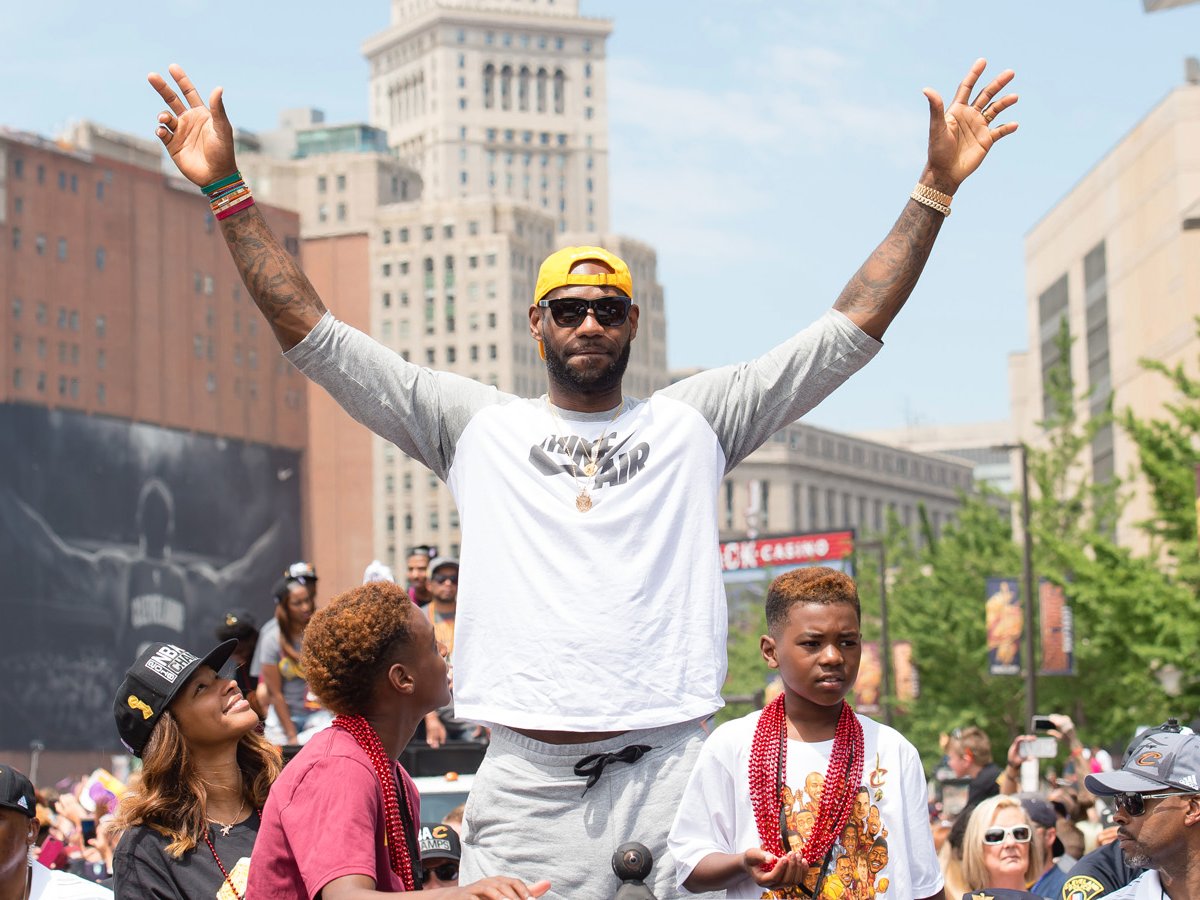 Jason Miller/Getty
Jason Miller/Getty
LeBron James will opt out of his $24 million contract option for 2016-17, according to ESPN’s Chris Broussard.
And so for the third year in a row, James will be a free agent, though not because he is switching teams.
Since returning to the Cleveland Cavaliers, James has been signing one-year contracts (with options for a second year), taking calculated gambles on his future.
First, by signing short-term contracts then opting out, he forces the Cavaliers to remain active in trying to improve the team, knowing he could leave in the offseason if he wanted to.
But perhaps more importantly, James has been putting off his future for one giant payday that’s now on the horizon.
According to Broussard, it’s unclear if James will again sign a short-term contract, but it behooves him to do it one more time.
If James signs another one-year deal then opts out again in 2017, the Cavaliers will then own his full Bird Rights, allowing them to sign him to a longer, more lucrative deal.
In 2017, James could sign a five-year deal with the Cavs (the longest he can sign for now is four) for 35% of the salary cap, with 7.5% raises each season.
With the NBA’s salary cap exploding over the next two years, expected to hit $108 million, James could sign a five-year, $204 million deal in 2017, with a starting salary of $35.5 million. (Note: The formula for finding true maximum contracts is more complex than simply 35% of a $96 million salary cap, as the max is tied to basketball-related income, or BRI. Read Larry Coon’s CBA FAQ for more.)
That could be a record-breaking contract and a huge payday, even over the considerable contract he could earn this summer. If James were to grow tired of his short contracts and sign long-term this July, he could land a four-year deal, with 7.5% raises each season, under the anticipated $96 million salary cap. That would be good for a four-year, $140 million deal, with a Year 1 salary of $31.6 million.
Not bad!
This is why James is opting out this summer, too, as opposed to opting in for his second year, then becoming a free agent in 2017. The salary-cap spike this year gives James incentive to get a nice one-year raise, going from about $24 million to $31 million.
And while James perhaps may not enjoy the lack of long-term security that comes with short deals, if James can forgo long-term security just one more year, the payoff for this gamble will be enormous.
NOW WATCH: Examples of Michael Jordan’s insane competitiveness













